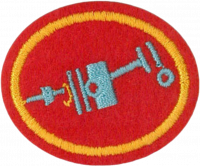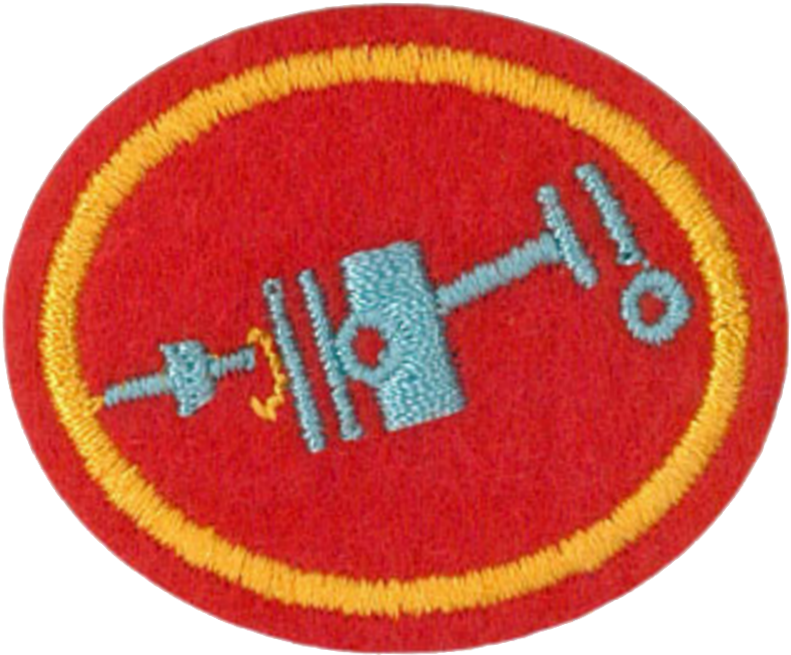Especialidades JA/Motores pequeños/Respuestas
Nivel de destreza
2
Año
1975
Version
19.02.2026
Autoridad de aprobación
Asociación General
1
2
3
4
5
6
Gasoline is extremely flammable and dangerous to work with. It is also a carcinogen (cancer-causing agent), so prolonged contact with it should be avoided. It can also damage plastic parts. Gasoline left on parts can burst into flame at the slightest provocation, causing an engine fire. It also has many additives, some of which stay on the part after you clean it. They also soak into your bloodstream.
7
Mineral Spirits are often used for cleaning parts. Soaking parts in mineral spriits removes oil and grease without the need for scrubbing. Once the parts are removed from the bath, the mineral spirits quickly evaporate.
8
- Splash: In a splash lubrication system, dippers on the crankshaft are repeatedly submerged and lifted out of the oil in the oil pan. This happens as the crankshaft turns. When the dippers emerge from the oil bath, oil is splashed all about the inside of the chamber where it finds its way to the pistons, rods, and other moving parts. Channels are milled in the crankshaft to direct oil flow from the dippers to the bearings in the crankshaft, as it is vital that these receive plenty of lubrication.
9
Remember the acronym FAST - Fuel, Air, Spark, and Timing.
10
Consult with a Qualified Person for this part! Don't just tear into the family lawnmower, and hope you can get it all back together. You are likely to end up with "extra" parts left over when you are done! (which is not a good thing)
11
A toothbrush can be a good tool to clean spark plugs. (Don't use it to brush your teeth afterwards though!) You also need to use a spark plug gap gage, or a feeler gage to set the spark plug gap according to the engine specs. When cleaning them, you just need to get all the carbon and soot buildup off. These days, sparkplugs are usually just replaced if they are full of crud.


